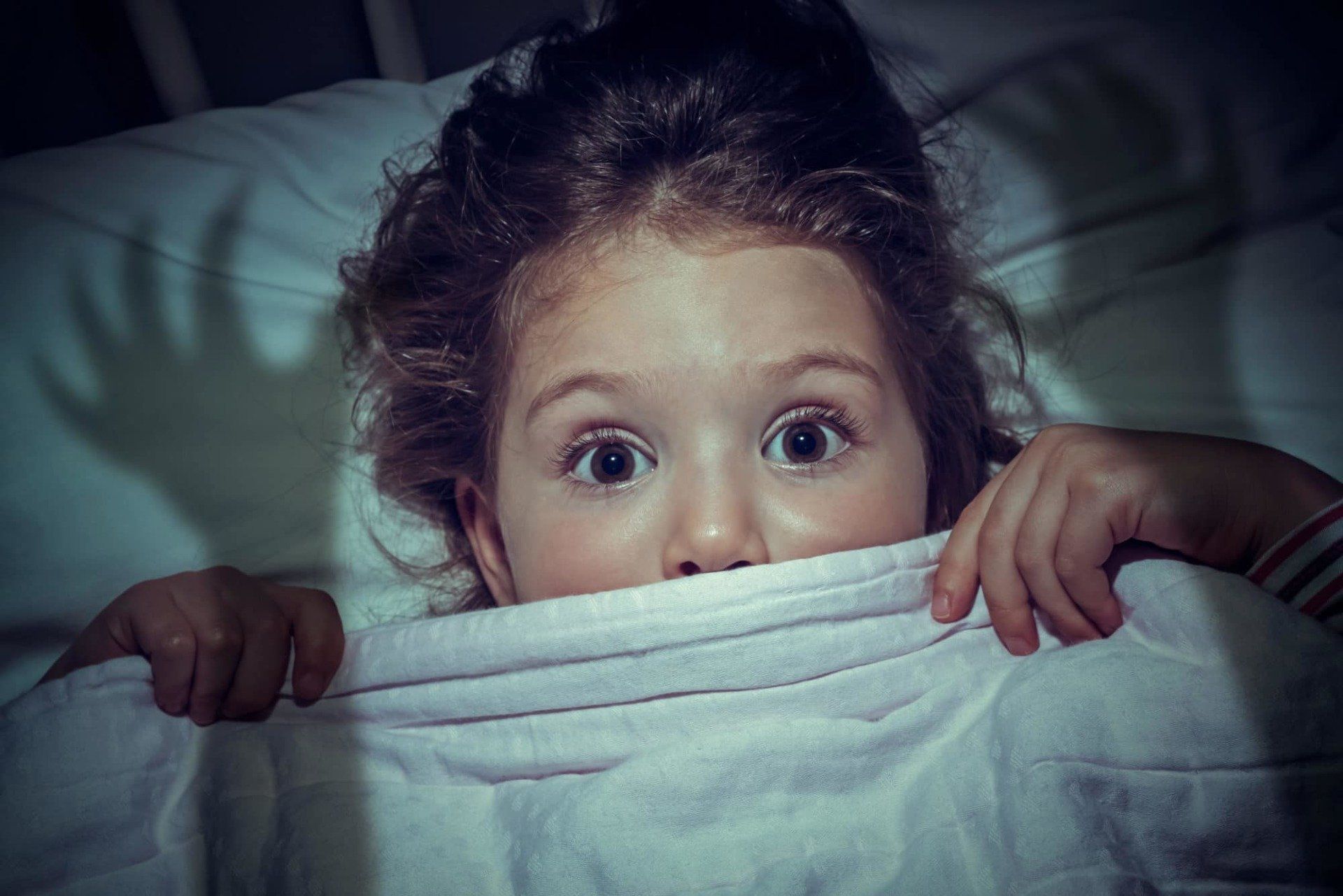Facing your child’s fears – is nothing to be scared of
As parents we have all experienced a situation in which our child is afraid of something and as parents we want to help our child get over this fear. Many anxiety specialists believe that facing one’s fears is the best solution for this, but in the case of a small child it is important to do this at the child’s pace and very gradually. It will sometimes be a frustrating experience, but never push your child too far. Anxiety is a natural condition in some instances which helps us deal with new experiences and which sometimes protects us from danger.
An online article from Kids Health specifies that “the nature of anxieties and fears change as kids grow and develop:
- Babies experience stranger anxiety, clinging to parents when confronted by people they don't recognize.
- Toddlers around 10 to 18 months old experience separation anxiety, becoming emotionally distressed when one or both parents leave.
- Kids ages 4 through 6 have anxiety about things that aren't based in reality, such as fears of monsters and ghosts.
- Kids ages 7 through 12 often have fears that reflect real circumstances that may happen to them, such as bodily injury and natural disaster.
As kids grow, one fear may disappear or replace another. For example, a child who couldn't sleep with the light off at age 5 may enjoy a ghost story at a slumber party years later. And some fears may extend only to one particular kind of stimulus. In other words, a child may want to pet a lion at the zoo but wouldn't dream of going near the neighbour’s dog.”
How to handle your child’s fears.
Herewith some useful age-appropriate tips from our EQ4Kids Director, Antoinette Steyn.
When your toddler is being scared…
Try to always acknowledge your child’s fears; don’t force them to always do something they are afraid of. Teach them about what they are afraid of and tell them stories of someone who overcame a similar fear.
Be reassuring and comforting when it comes to your child’s fears – your child needs this to understand that it is in order to have fears and that they can be dealt with.
Don’t share your own current fears like being afraid to go to the dentist or similar situations with your child. If you want to share your experiences of fear with your child, rather make use of telling him/her stories of when you were his age and how you overcame a fear.
Praise your child’s brave behaviour. Not just the ones related to the specific fear but also other instances in which your child displays brave behaviour.
Never punish your child when he/she backs away from facing a fear – this is when they need your comfort.
Helping your pre-schooler faces his/her fears
- Work on increasing your child’s physical skills. When children learn to control and explore their bodies, it contributes to increased physical confidence.
- Start teaching your child relaxation techniques such as deep breathing or self-distraction, for instance by listening to a story.
- Always try to display confidence to your child. In many situations children take their cues from their parents, if you want your child to be brave, you need to be brave too.
- Always be patient and reassuring.
- Don’t let your own anxieties influence your child.
- Reinforce exposure rather than always avoiding your child’s fears. Start gradually by reading them a positive story on spiders when they are afraid of spiders. Allow for small victories to take place in the process of helping your child face a fear.
- Start teaching your child positive “self-talk”. By telling themselves for instance “I am brave” or “I can do this”.
The school-going years
Never shame, blame or embarrass your child when it comes to the things they fear.
Encourage your child to experience the emotion of fear without giving their fear the power over their behaviour.
Assist him/her in exploring different ways to deal with fear instead of forcing them to get over their fears.
Communication is key. Make sure your child knows he/she can talk to you about everything. Listen emphatically and help them come up with solutions.
Should your child have a phobia of something, that is an irrational fear that hamper his/her life, please seek assistance from a trained play therapist.
At EQ4KIDS we help children develop their emotional intelligence. We teach them in a fun and practical way how to face and handle strong emotions like fear and being scared. Contact usand find a franchise near you!
Share Post
Complete the following form if you require more info about EQ4kids or want to enroll your child at your nearest Franchise.
Blog Enquiry










